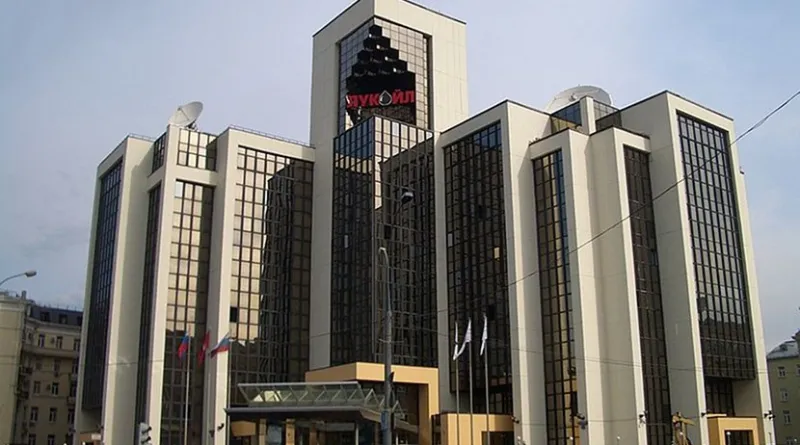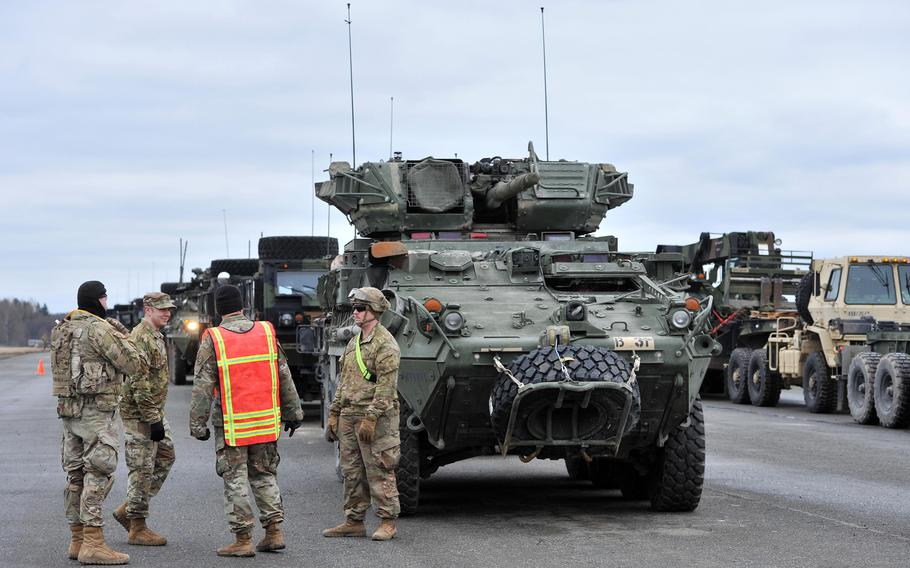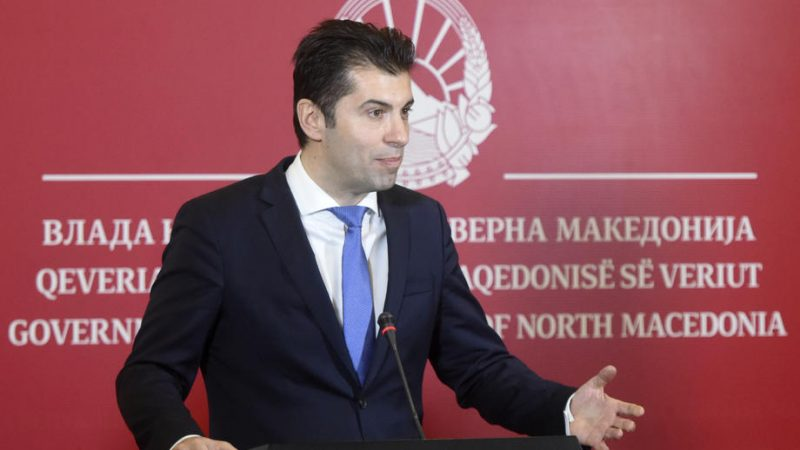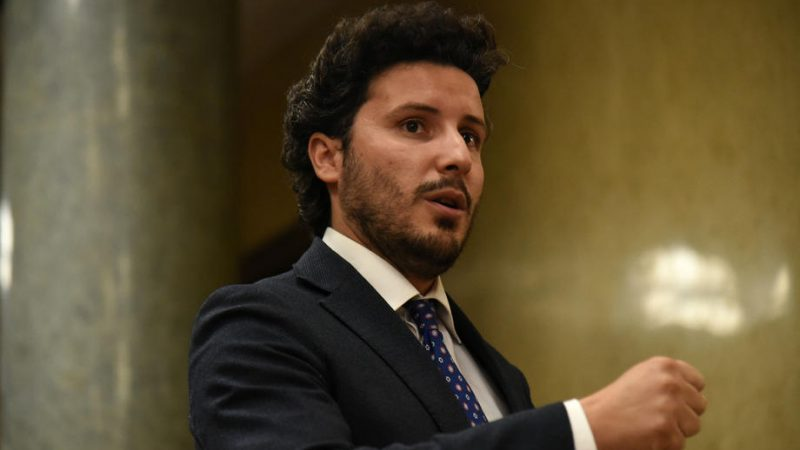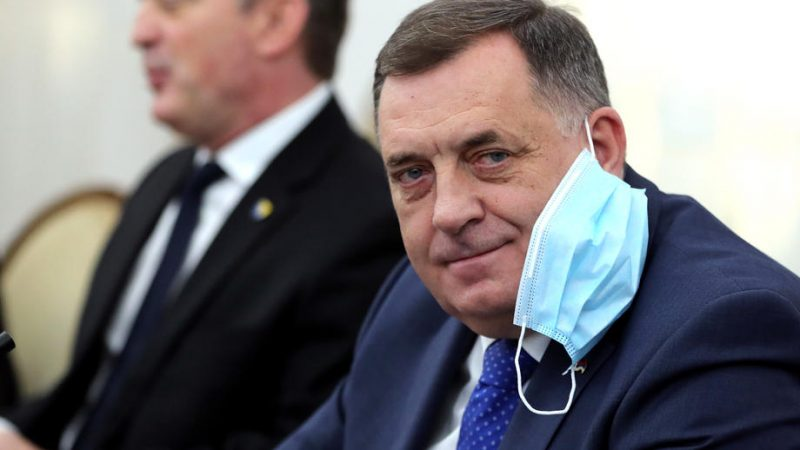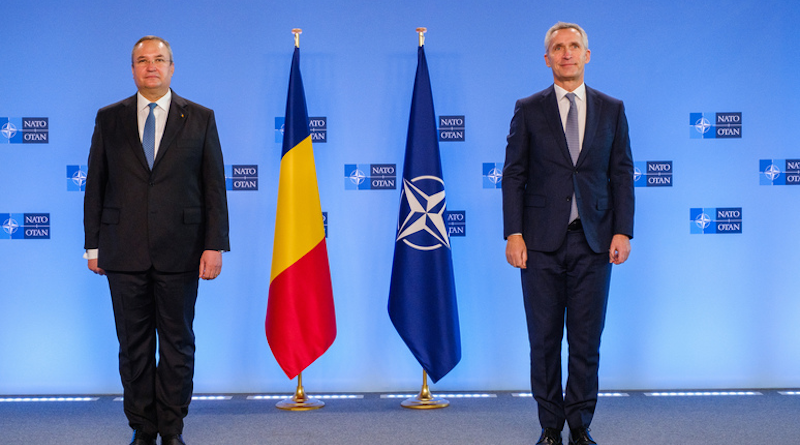Peace Council: RS decisions violate constitution and legal order of BiH
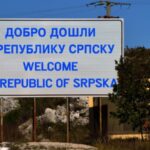
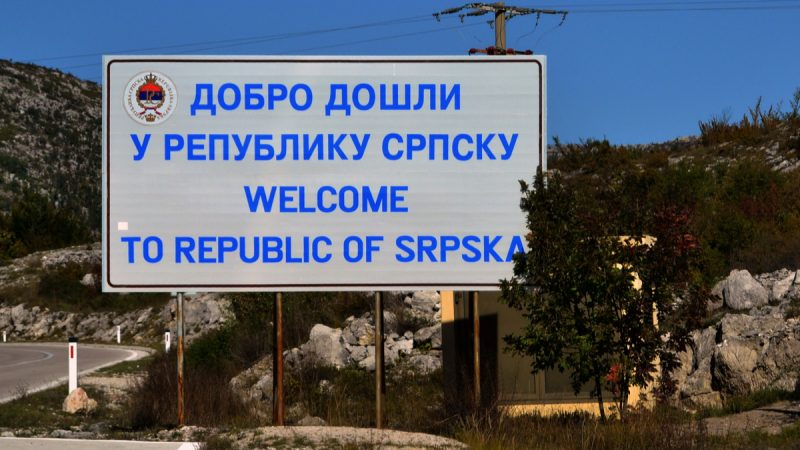
Recent moves by the Republika Srpska (RS, Serb entity) authorities to introduce a Law creating a parallel High Judicial and Prosecutorial Council (HJPC) are a clear attempt by the entity to unilaterally assume the constitutional responsibilities of the State, which would represent a violation of the constitution and legal order of BiH, Peace Implementation Council (PIC) announced.

